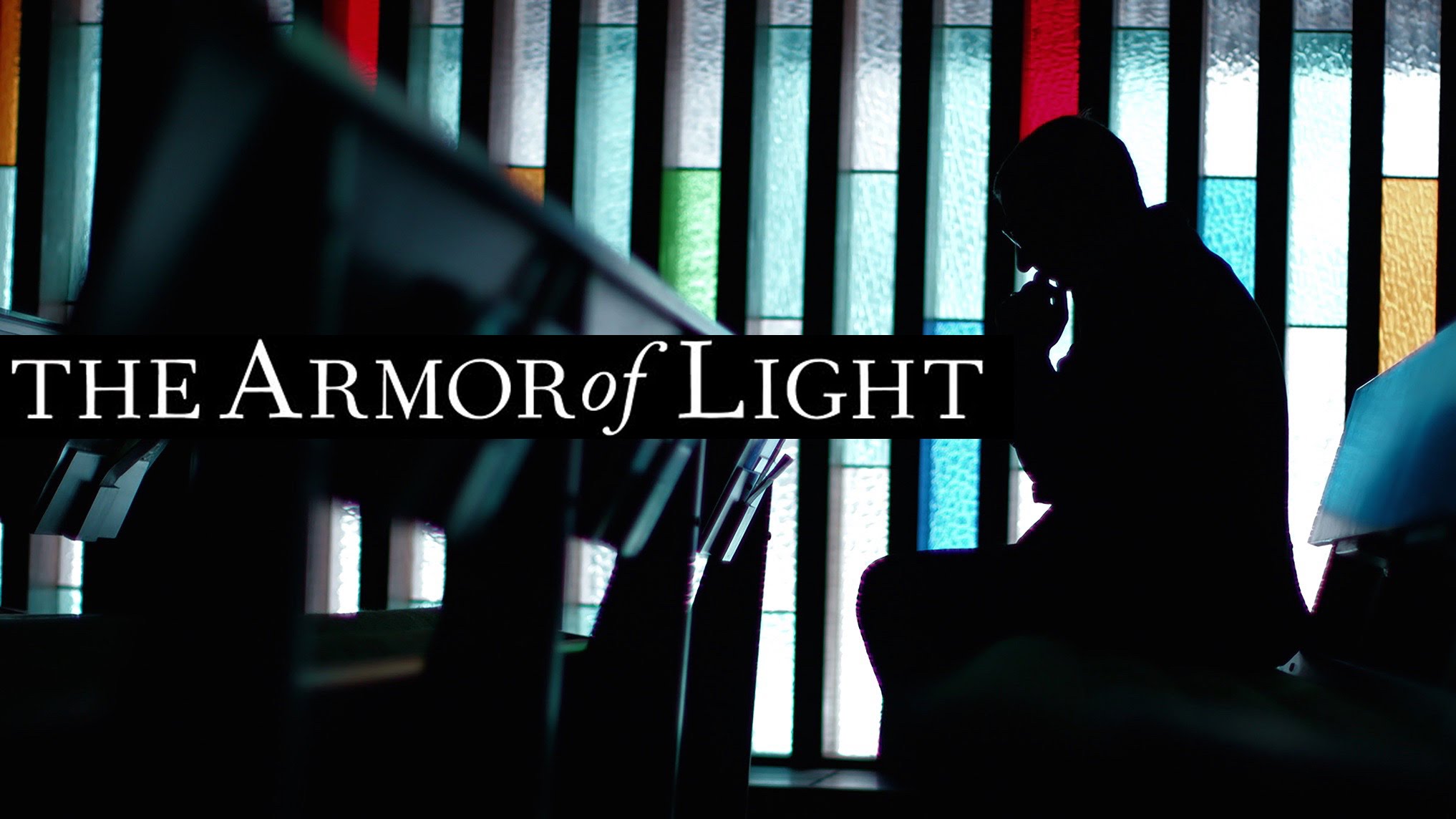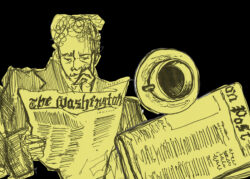All too often this campaign season, we hear presidential candidates like Ted Cruz marry the ideas of being pro-gun and pro-life while brushing over the cognitive dissonance that comes with it. How can these two issues go together? To support easy accessibility to machines that serve as instruments of death seems counter to the very notion of support for the preservation of life. Has it not ever crossed the minds of pro-gun, pro-lifers just how strange of a combination of values they hold? For Christians, who follow a religion in which humans are presumed to be sinners, how can a believer trust that “a good guy with a gun” will always be there to stop a shooter?
But at least one conservative, pro-life Evangelical Christian has raised questions on this issue. Reverend Rob Schenck, a staunchly conservative minister who once kept the company of both Senator Cruz and former governor Sarah Palin, questioned the compatibility of the NRA’s message and the Christian gospel. “The Armor of Light,” an acclaimed documentary film, explores his questioning process, which saw him meet with family members of gun violence victims and push his own community to rethink their stances on guns.
The film sheds light on the ways in which gun violence can be considered as a moral issue as well as a political one. Rev. Schenck, as well as Lucy McBath, mother of gun violence victim Jordan Davis, are devout Christians, and despite disagreeing on many issues (including that of abortion), ultimately find common ground on the importance of preserving life by preventing gun violence in America. The reverend’s interpretation of Christianity sees him acknowledge the relevance of the issue of gun violence, oft-overlooked in the pro-life community, as one that carries at least as much importance as other life-related issues that come up in public discussion.
In an op-ed in The Washington Post, Rev. Schenck outlines how Christianity counters the ideas of the pro-gun movement. He writes, “our commitment to the sanctity of human life demands that we err on the side of reducing threats to human life.” Christ himself, Schenck notes, did not use deadly force in the Bible. Even when he referred to self-defense, Jesus required that his disciples limit the number of weapons they owned.
Considering Georgetown’s hosting of “Life Week” events on campus this week, “The Armor of Light” pushes an alternative notion of how to fight for life and challenges our preconceived notions of what it means to be “pro-life.” So often, “pro-life” is considered as equivalent to “anti-abortion,” but could there be other ways to interpret the term? Is it possible that someone can be at once “pro-life,” if they oppose capital punishment, support gun control and social welfare, and identify as “pro-choice” on abortion?
I never thought, as a secular, pro-choice Jewish American, that there were ways I could share ground with a devout, pro-life Christian, but hearing about Rev. Schenck’s story made me think about when Pope Francis came to speak in Washington. He quoted the Golden Rule and talked about “our responsibility to protect and defend human life at every form of its development.” Hearing that and thinking about the pope’s crusade to promote social justice made me realize that there are pro-life issues outside of abortion, ones where even someone pro-choice on the issue of abortion can find themselves to be “pro-life.”
While the pope and his Church are staunchly opposed to abortion, Francis took a strong stance against gun violence by drawing from his own Christian faith. He asked, “Why are deadly weapons being sold to those who plan to inflict untold suffering on individuals and society?” The pope followed on this by calling for action. “In the face of this shameful and culpable silence, it is our duty to confront the problem and to stop the arms trade.”
To be fair, Pope Francis is a Catholic and not an Evangelical, but it seems that the pope and Rev. Schenck have been interpreting the gospel in a similar manner. The Catholic Church can be considered as the largest pro-life organization in the world. But like Rev. Schenck, the Catholic Church has realized that there are other life issues where it can find common ground with people who have different views on issues like abortion rights. Counter to what people like Ted Cruz and Sarah Palin will make you think, a devout Christian can be truly pro-life and also oppose gun violence.
As a final note, if this op-ed has made you think, please join Georgetown Against Gun Violence for a screening of “The Armor of Light” next Tuesday at 7 p.m in Walsh 494. There will also be a Q&A session following the screening with Abigail Disney, the director of the film. Light refreshments will be served.







